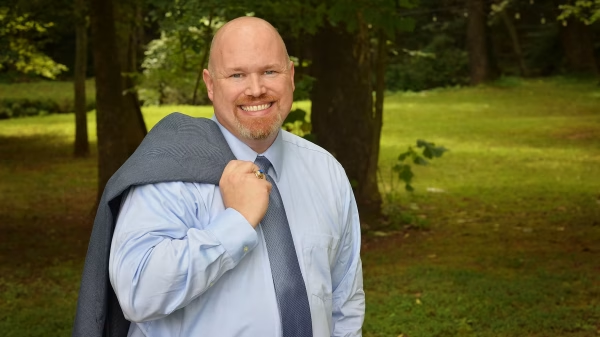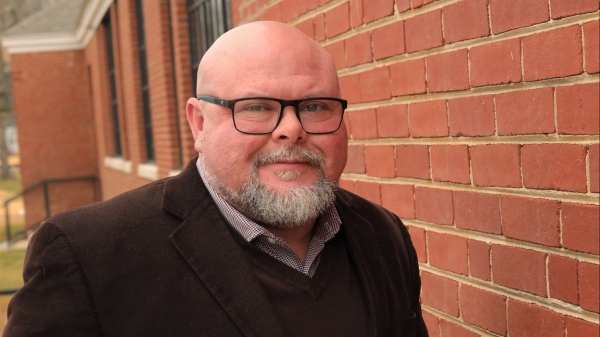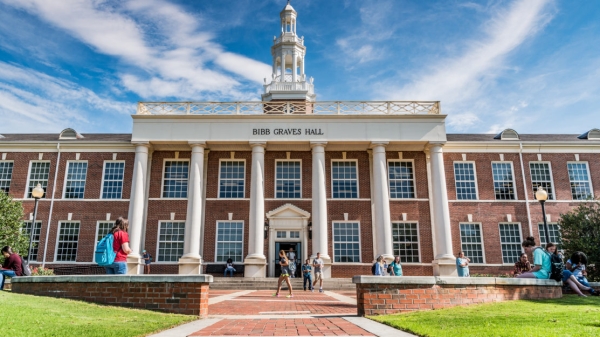As I read the pontifications of present and former politicians who have all the answers for education in Alabama, my first inclination is to laugh. But I don’t because it is obvious that they have either forgotten the state’s past – or never knew it.
So instead of reason or logic, they only preach fantasy, totally clueless as to who we are, why we are who we are and how we came to this place in time. We only get their Jack and the Beanstalk version of education, draped in simplicity, with no acknowledgement that Alabama is the sum total of all our ancestors, all out trials and tribulations and all our good and bad.
These prophets of never-never land think we can change our DNA and overnight morph into new beings, with new inspirations and aspirations. They are on a fool’s journey.
When Eli Whitney invented the cotton gin in 1793 he did more to define the future of Alabama than anything that has happened since. Because in the beginning there was just the land. A large swath of which was deep and black and cut through the middle of the state. It drew the descendants of Barbados slave owners like a moth to a flame. And in 1850, what is today the state’s least-populated county, Greene, was the state’s largest.
This tremendous influx of African-Americans to work the cotton fields established parameters about many things, most certainly education. It led to the charade of “separate, but equal” and laid the foundation for segregation academies. In 1907, Wilcox County spent $10.50 to educate a white child, but only 37 cents on a black child. Lowndes County spent $33.40 on a white student for each $1 it spent on a black child in 1912. In Chambers County in 1901, black teachers were paid 60 percent of what white teachers earned.
Couple this with the fact that the state of Alabama has never truly valued education to the degree that some states in New England and the upper Midwest have and you begin to wrap your arms around why we are in our present-day dilemma. The majority of Alabama was settled by Scots-Irish whose ancestors were from north England and lowland Scotland ravaged by war for centuries.
Colin Woodward, in his book American Nations describes them this way: “Having no desire to bow to ‘foreign’ rule or to give up their ways, the Borderlanders rushed straight to the isolation of the 18th century frontier to found a society that was, for a time, literally beyond the reach of the law. Across Greater Appalachia local taxes were low, schools and libraries rare, and municipal government few and far between.
The goal of Deep Southern oligarchy has been consistent for centuries: to control and maintain a one-party state with a colonial-style economy based on a compliant, poorly educated, low-wage workforce.”
So it is no surprise that at the end of the 19th century, Alabama spent less per pupil on education than any other state in the Union.
Last December, I made a 1,900-mile roundtrip from Montgomery to Madison, Wisconsin, to attend a meeting of the Wisconsin Public Education Network. This is a coalition of more than 40 local groups who advocate for public schools. Their goal is simple. Generate support for public schools in all forms and fashions.
I am not aware of a single group such as one of these anywhere in Alabama. The country celebrated Public School Week March 25-29. Did you hear a word about this in Alabama? Did the state department of education put out a news release? If so, I can’t find it. Did the state board of education pass a resolution? Did the legislature? Did the governor issue a proclamation? Did the state superintendent hold a press conference?
If anyone knows if something happened, please let me know.
So I drove 1,900 miles to meet people who value their local public schools. I wanted to find our who they are, what makes them tick, why do they believe in public education? One such group is in Appleton. They have 400 folks on their email list. They have monthly meetings to discuss education issues. On Feb. 14 they celebrated Valentine’s Day by sending cards to teachers, support staff, administrators, boards of education, bus drivers, crossing cards, lunchroom workers and others.
People in Wisconsin do not have the DNA Alabamians have. Their early settlers were not Scots-Irish. They never had Black Belt plantations and cotton fields stretching to the sunset. According to American Nations, they were primarily the descendants of the Puritans who settled New England. Education was very important to them. They expected everyone to study the Bible, which meant all had to be literate. Their leaders were largely the most educated. De Tocqueville observed that the men of New England had a greater mass of education than could be found in any European nation of the time.
Harvard University was founded in 1636, 183 years before Alabama became a state.
We are who we are. Nothing more. Nothing less. Ignoring this and setting false expectations helps no one.
Right now, we are looking at how math is taught in Massachusetts, New Jersey, Virginia, Minnesota and Wyoming because they rank high on NAEP math scores. Yet, we really have nothing in common with any of them. I have been to Wyoming. Never once while there did I say, “Wow, this sure reminds me of Alabama.”
If you do not know where you are going, any road will take you there. It is also true that if you don’t profit from the past, you are doomed to make the same mistakes over again.
But how can you do this if you never come face to face with past realities?
Editor’s note: We will discuss potential solutions in future posts.




















































